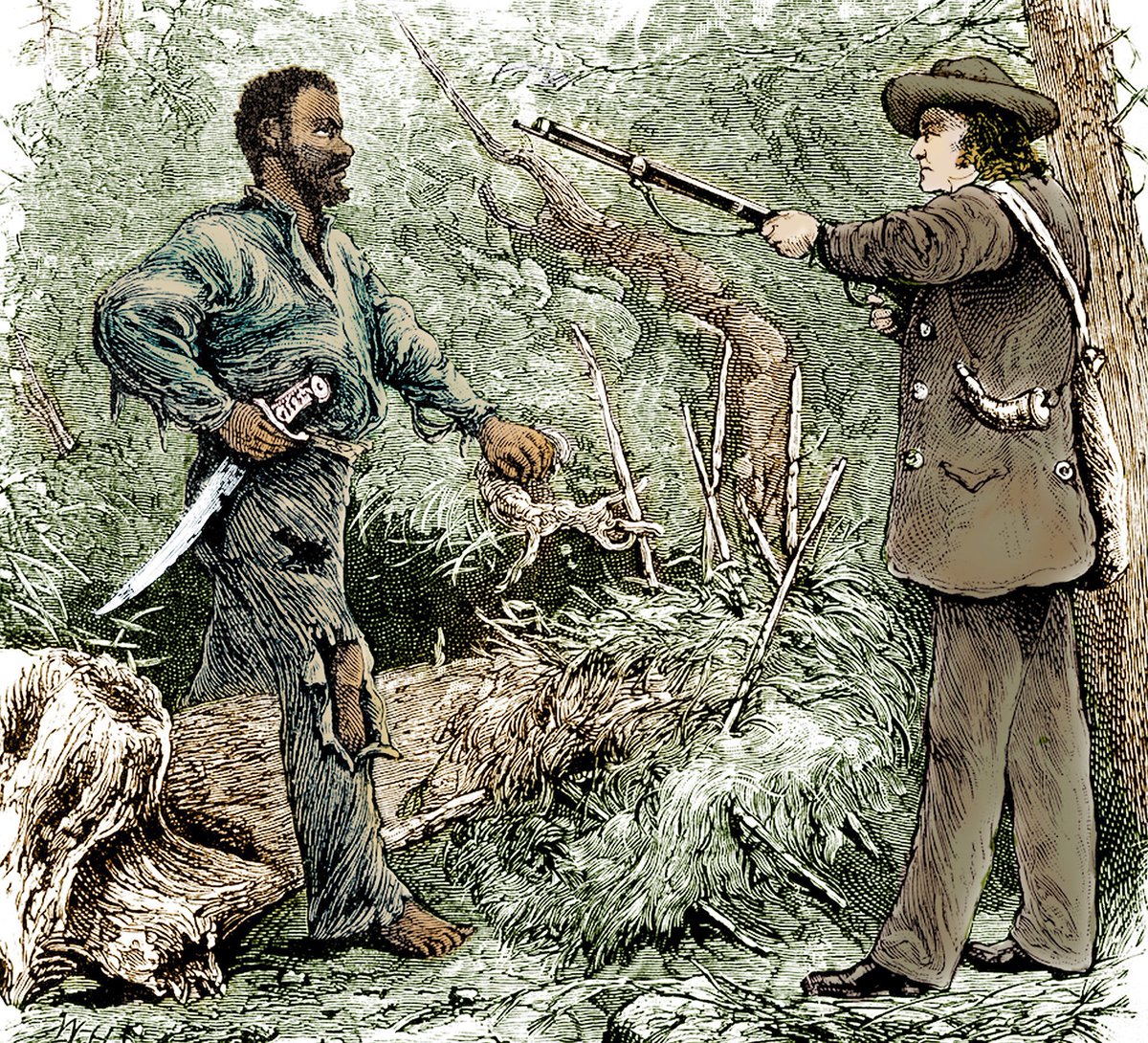
On #WorldCottonDay, we remember the up to 300,000 people killed by German colonizers during the two-year Maji Maji rebellion of workers & peasants in present-day Tanzania, many of them forced to work in cotton fields. 🧵 

In the late 19th century Germany had become the third largest colonial occupier in Africa when it colonized present-day Tanzania, Rwanda and Burundi, establishing “German East Africa” under the leadership of Dr. Carl Peters. 

Peters, who would be celebrated as a national hero during Germany’s Nazi era, was known in Tanzania (then Tanganyika) as “Milkono wa Damu,” meaning “Man with Blood on His Hands”, for his violent suppression of resistance to German colonialism. 

The German colonial regime enforced high taxes and forced labor on Tanzania’s population while raking in super profits from the country’s vast resources which ranged from cotton to gold. Cotton quotas were imposed and those who didn’t meet them faced torture. 



When drought hit the area in 1905, local anger reached a tipping point and the two-year Maji Maji rebellion, encompassing over 25,000km2, began. It became one of the strongest challenges to German colonial rule. 

Kinjikitile Ngwale, regarded locally as a spirit medium, united a vast array of ethnic groups under the belief that holy water (Maji) would protect them from German bullets and initiated the uprising. The Germans responded with a campaign of terror. 

The Germans, following their war manual “Kreigsbrauch”, which permitted scorched earth tactics against “wild people and barbarians”, destroyed dwellings, food stores, crops and domestic animals. Shortly after the uprising began they hanged the rebels' leader Ngwale. 



German Lieutenant von der Marwitz said of their tactics: “The systematic search of the bush is time-consuming, but next to the destruction of food supplies, it's the only way to become master of the fanatic rebels.” 

Famine ensued and up to 300,000 people would be killed as a result of Germany's strategy. The population was reduced by one-third. 

Today, Tanzania joins Burundi and Namibia in demanding reparations for Germany's colonial crimes. As well as compensation for the hundreds of thousands killed and tortured, Tanzania demands the return of stolen artefacts displayed in German museums. 

• • •
Missing some Tweet in this thread? You can try to
force a refresh






















